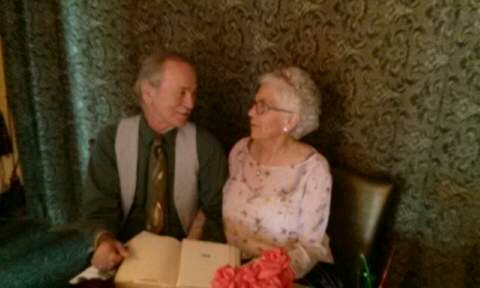As my wife and I take a walk around the block, escaping the place in which we are currently sheltering, we realize that right now people are dying in large numbers around the globe due to the Coronavirus. Then it dawns on us that even before there was such a thing as the Coronaviru people were dying in large numbers every day around the world. Fifteen million people have been dying daily around the world as a result of hunger alone. Countless more die daily by murder, war, suicide, automobile accidents, cancer, and various other diseases. But with the coronavirus it all seems somehow different. It seems scarier. More devastating.
More personal. Why is that? Is it because all of us are in the same boat — stuck at home, with the kids out of school; because our jobs have been suspended; because we can’t go to our favorite bar/ restaurant/ movie theater/ fitness center/ or pretty much anywhere else? And if we do venture out, within the constraints allowed by our local or national governing authorities, to grab a few grocery items or a tube of toothpaste or something, we must carefully navigate the aisles, avoiding other people and the sound of coughing or sneezing in order to nervously have our purchases rung up and pay for them? What a way to live!
Mostly, though, we dutifully and rightfully shelter in place. It didn’t take my wife and I long to notice that our “place” needed some attention if we were to shelter within it for an extended period of time, so we began cleaning, organizing, rearranging, discarding. We were also reading another crime/ mystery novel, doing Sudoko/ crossword puzzles — spending time and energy on many other such superficial things, trying to pass the time.
Then a miracle happened. We started getting phone calls, emails, messages, social media posts, etc. from friends and loved ones asking us how we were doing and sharing wonderfully uplifting and inspirational posts from others. We began seeing people in other lands as being in the same boat we were in. We began to see that there was more, much more, to sheltering in place than simply filling our time with activities that may be of limited value down the road if we, who are in the highest demographic for mortality from this virus, should shuffle off our mortal coil.
Our world will not be the same after we have safely traversed this crisis, I can guarantee that. This crisis could last months. How could we possibly return to business as usual once we are released from this bondage? Could a slave willingly return to his servitude? Could Nelson Mandella leave his imprisonment and not been driven to create a humane existence for his fellow South Africans? Could John McCain not have been driven to become one of the most influential congressional leaders in modern government? Or JFK to do all he did for the American people?
Wouldn’t it be miraculous for us to unshelter in place and return to our world with a heightened drive to continue making our world a place where we connect with each other, where we support each other, where we share meaning with each other, where we share love for each other? Where we stop hating and killing each other because they are not like us?
We really are in the same boat, and that boat is in danger of sinking and drowning us all in a sea of pollution, and I’m not talking of just air pollution — air pollution, water pollution, pollution of racism, bigotry, violence, fear, misunderstanding, greed. This new release from our bondage is perhaps the best opportunity the world has had in, perhaps, forever to begin anew, to start healing the world. After only a week I am bored with making just my personal shelter more appealing; I’m ready to make the shelter we are all in a better place. It’s long overdue, don’t you think?

You must be logged in to post a comment.